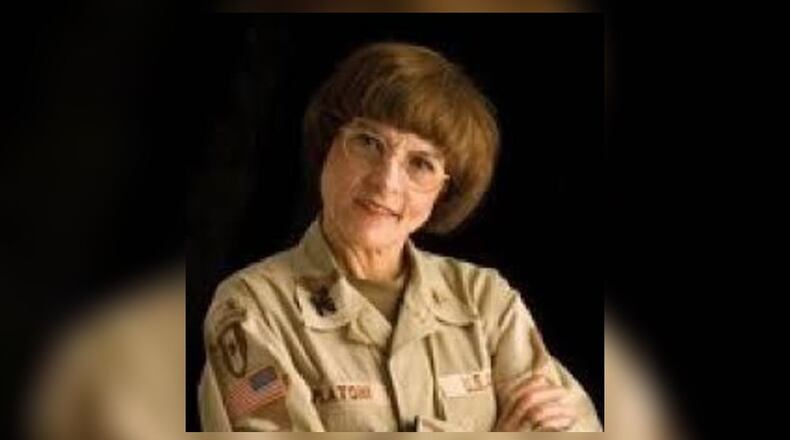I hold my breath through the holidays, even 13 years after the fact, desperately hoping they will pass without the aftermath of war’s anguish gnawing at my soul. Relief remains elusive, even past the dawn of the new year.
There were no stockings to be hung, no fireplace upon which to hang them. There were no gifts to be given, let alone any hope of a tree, living in lands many worlds away from our loved ones. What dropped out of the sky on New Year’s Eve were mortars, rockets, and RPG’s. The bleakness of cold desert saturated the soul, choking the life out of any hope for an inkling of joy or hope for anything, except more of the same. Unforgiving was the scent of moldy tents that housed dozens of us thrust together as a makeshift family. Family photos of loved ones duct-taped to tent walls offered little solace.
But we were there to join the struggle to make the world a better place for freedom to flourish.
Some of my most memorable holidays were spent in foreign lands, fraught with far deeper meaning than ever expected. We arrived in Iraq shortly before Christmas of 2004. It was decided that our company would gather at the chow hall for Christmas dinner together, as if the war stopped for any holiday, awash with great anticipation of a meal that might offer some turkey shipped from the States. By the time we were granted entry to the “dining facility”, the chow hall had run out of food. It was to be another night of MRE’s, fondly referred to as “meals refusing to exit,” and maybe a few pieces of leftover lettuce to make them more festive. We were beyond demoralized. It was a tap on my shoulder that changed the entire course of the evening.
A young soldier grabbed me and threw me right out in the middle of the chow hall floor and began to lead me in the foxtrot of the century, to the delight of hordes of Soldiers, many of whom were spending their first Christmas in the combat theater. Though only momentarily, we completely forgot the surrounding wretchedness and the fear and terror of things to come.
It was that very New Year’s Eve where several of us gathered at the chow hall before we all separated and moved out to our respective Forward Operating Bases throughout Iraq. We would not reconvene for another 11 months, knowing full well that we might never see one another ever again. The War in Iraq was raging.
It dawned on me that these really were the best of times. I was encircled by soldiers that I had come to love as brothers and sisters. We were bound together for all time by the mission to save souls, the one chance in life to engage in something far greater than ourselves. It was at that moment that I realized that the universe had bestowed an enormous gift upon me. I wanted to be nowhere else and with no one else at that time. This was the pinnacle of all things purpose-driven. We had each chosen this pathway and some kind of perverse fate had thrown us into this toxic soup together. It’s what we were destined to do. It would be a moral failing to overlook the lessons in this and the brief seconds of joy that drove this revelation home.
Maybe someday I’ll catch my breath again.
In honor of Mental Health Month, please take the time to reach out to a Veteran, a police officer, a firefighter/paramedic, or a dispatcher. Give more than a simple acknowledgement of their service and sacrifices. So many of us continue to struggle for years, for decades, for a lifetime. Let us know that what we have offered up to the banquet table of military and community service has more than just rote meaning.
Dr. Kathy Platoni, Psy.D., DAAPM, FAIS /COL (RET), US Army/Dayton SWAT is a clinical psychologist.
About the Author
